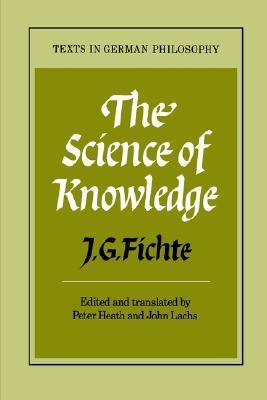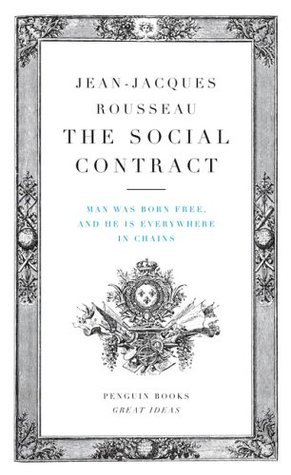
Emile, or On Education
Book Description
What if the key to a better world lies in how we educate the next generation? In "Emile, or On Education," Jean-Jacques Rousseau boldly challenges the status quo, proposing a radical vision where children are nurtured as free thinkers, unbound by society's constraints. Each chapter unfolds like a thrilling journey, revealing profound lessons on nature, individuality, and moral development through the experiences of Emile, a boy raised in the wild embrace of freedom. As boundaries blur between nature and civilization, the stakes escalate. Can true education unlock the potential of humanity, or will it all come crashing down?
Quick Book Summary
"Emile, or On Education" by Jean-Jacques Rousseau is a foundational work on philosophy and educational theory that reimagines how children should be taught. Rousseau argues that education should foster innate goodness, curiosity, and individuality, uncorrupted by the artificialities and constraints of contemporary society. Presented as a thought experiment, the book traces the ideal upbringing of Emile, a boy educated according to nature’s principles, rather than imposed social dogmas. Rousseau proposes that children should learn through direct experience and personal discovery, with guidance but minimal interference from adults. Through this educational journey, Rousseau explores themes of freedom, moral autonomy, and the natural development of human reason. The work profoundly influenced modern views on childhood development, pedagogy, and the role of education in personal and societal reform.
Summary of Key Ideas
Table of Contents
Education According to Nature
Rousseau opens by rejecting prevailing educational practices, which he believes stifle individual growth and corrupt the innate goodness of children. Instead, he proposes education that is tailored to the developmental stages of the child and respects their natural curiosity. Rousseau emphasizes that childhood is not merely preparation for adulthood, but has its own intrinsic value. The early years are to be shielded from societal expectations, allowing children to experience freedom, play, and discovery. This underpins his core belief in education according to nature and sets the stage for Emile’s educational journey.
Stages of Childhood Development
As Emile grows, Rousseau outlines progressively appropriate methods tailored to each developmental phase: infancy (physical development), childhood (sensory learning), adolescence (reason and judgment), and young adulthood (moral sentiment). Emile is encouraged to learn through direct interaction with the environment, developing his senses and faculties naturally, rather than memorizing facts or succumbing to rote learning. This approach ensures that learning is relevant, internalized, and fosters the full flowering of individuality, rather than conformity to social norms.
The Formation of Moral Character
Moral education holds a central place as Emile matures. Rousseau argues that virtue cannot be imposed by rules or punishments but must arise from genuine understanding and personal experience. He encourages Emile to act on empathy and compassion, forging a strong, authentic moral character. By confronting ethical dilemmas, Emile develops the self-discipline and critical thinking needed for autonomous moral judgment, preparing him for the responsibilities of citizenship and adulthood.
Individual Freedom and Autonomy
Rousseau insists on cultivating freedom and autonomy throughout Emile’s upbringing. He warns against both oppressive authority and excessive indulgence, seeking a careful balance where the child learns self-control without forfeiting independence. True education, Rousseau argues, allows individuals to participate actively in their own growth, choosing and shaping their path according to their will and capabilities. This empowerment is essential to personal fulfillment and the realization of human potential.
Society’s Influence on the Individual
Despite advocating for natural education, Rousseau recognizes that society’s influence is unavoidable. The final sections address the challenges of integrating Emile’s cultivated innocence and virtue into a flawed and complex society. Through encounters with others and the introduction of love and social obligations, Emile’s education is tested. Rousseau concludes that while pure nature can never be fully preserved within civilization, a wise and conscientious upbringing can nonetheless nurture resilient, morally autonomous individuals—thereby sowing the seeds for social improvement.
Download This Summary
Get a free PDF of this summary instantly — no email required.





